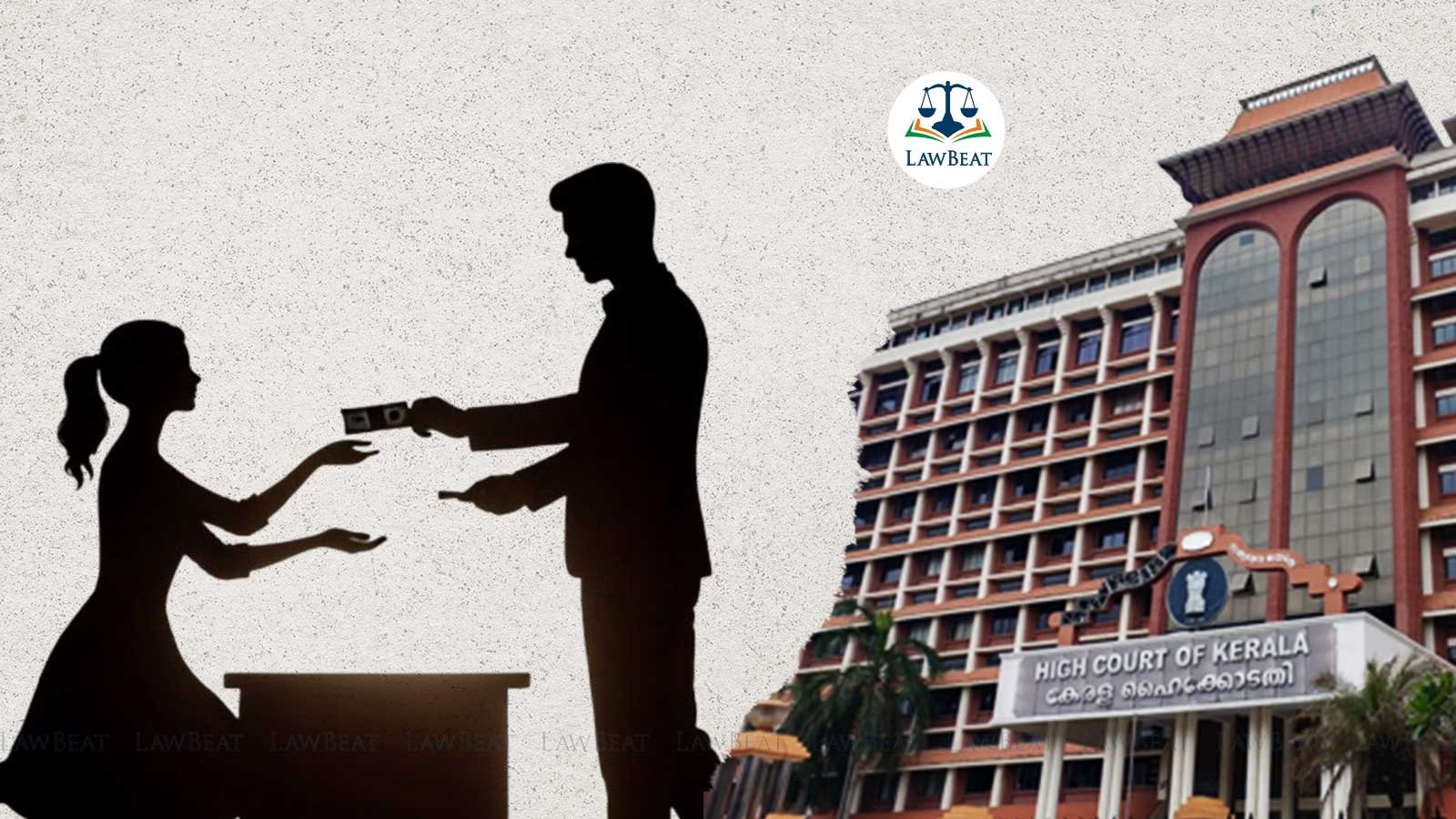Kerala High Court Quashes Rape Charges After Finding False Allegation By Woman for Recovery of Her Money

The court noted that it owes a duty to examine all circumstances beyond the initial claims to determine if a criminal proceeding is maliciously initiated with ulterior motives and lacking genuine basis
The Kerala High Court has quashed criminal proceedings against a man accused of rape after it was revealed that the complainant had falsely implicated him to recover her money borrowed by him. The decision came after a settlement was reached between the parties involved, and the court noted the lack of substantive evidence to support the charges.
The Court, presided over by Justice A. Badharudeen, emphasised that the court must assess whether the proceedings were maliciously motivated and lacking genuine basis. It stated that “Once it is established that criminal proceedings initiated maliciously with ulterior motives, for the said reason, criminal proceedings are liable to be quashed.”
The case involved the petitioner, Sakeer, a 47 year old man, who was accused under Sections 376(2)(n), 420, and 506 of the Indian Penal Code (IPC), dealing with the offences of Repeatedly committing rape on the same woman, Cheating and dishonestly inducing delivery of property and Punishment for criminal intimidation, respectively. The prosecution alleged that between August 2018 and August 2022, Sakeer had raped the complainant at various locations, misappropriated her money, and failed to marry her despite promises. Additionally, the complainant claimed that Sakeer borrowed money from her and subsequently threatened her when he failed to repay.
Advocate Anil K. Muhamed, representing the petitioner, argued that the complainant had filed an affidavit stating that she had no further grievances following a settlement with Sakeer. He contended that the rape allegations surfaced only after Sakeer initiated a criminal case against the complainant. The petitioner also pointed out an agreement from May 2022, in which Sakeer acknowledged a debt to the complainant and promised to sell property to clear the liability. This agreement, combined with the registration of a counter-complaint against the complainant for trespassing and assault, indicated that the rape charges were fabricated to recover the money.
On the other hand, Senior Public Prosecutor Renjit George, appearing for the state, argued that quashing the prosecution in a case involving serious charges like rape was impermissible without substantial evidence supporting the allegations.
The court underscored that while rape is a grave offence warranting severe punishment, the Court must consider the totality of circumstances and the available evidence. “It is true that offence under Section 376(2)(n) of the IPC, is a serious offence warranting punishment upto life imprisonment and in such cases, merely acting on the affidavit filed by the de facto complainant or on the so- called consent extracted from the circumstances, which would require proof by evidence, case could not be quashed. However, the same is not a hard and fast rule to apply in almost all cases, where offence punishable under Section 376 of the IPC is alleged without support of sufficient materials and the materials available also would throw light to dubious circumstances to disbelieve the prosecution case in toto,” the court observed.
The court further referenced the judgement in the case of ‘State of Haryana v. Bhajan Lal’ and noted that the High Court shall not hesitate in exercising its power under Section 482 of the Code of Criminal Procedure (CrPC), in quashing the proceedings “Where a criminal proceeding is manifestly attended with mala fide and/or where the proceeding is maliciously instituted with an ulterior motive for wreaking vengeance on the accused and with a view to spite him due to private and personal grudge,”
The court, observed that in the present case, the financial dealings between the parties and the settlement reached suggested that the allegations were made to pressure the petitioner into repaying the money. “Thus, going by the materials on merits, false implication for the purpose of getting back the money could be gathered. Even otherwise, the relationship, if any, is to be held as consensual one, since the promise of mariage (Sic.) from a married man, having wife and children, is a matter of serious concern, in the facts of this case,” it stated.
Consequently, the Court quashed the final report and all further proceedings against the accused.
Cause Title: SAKEER v STATE OF KERALA [CRL.MC NO. 9720 OF 2023]
